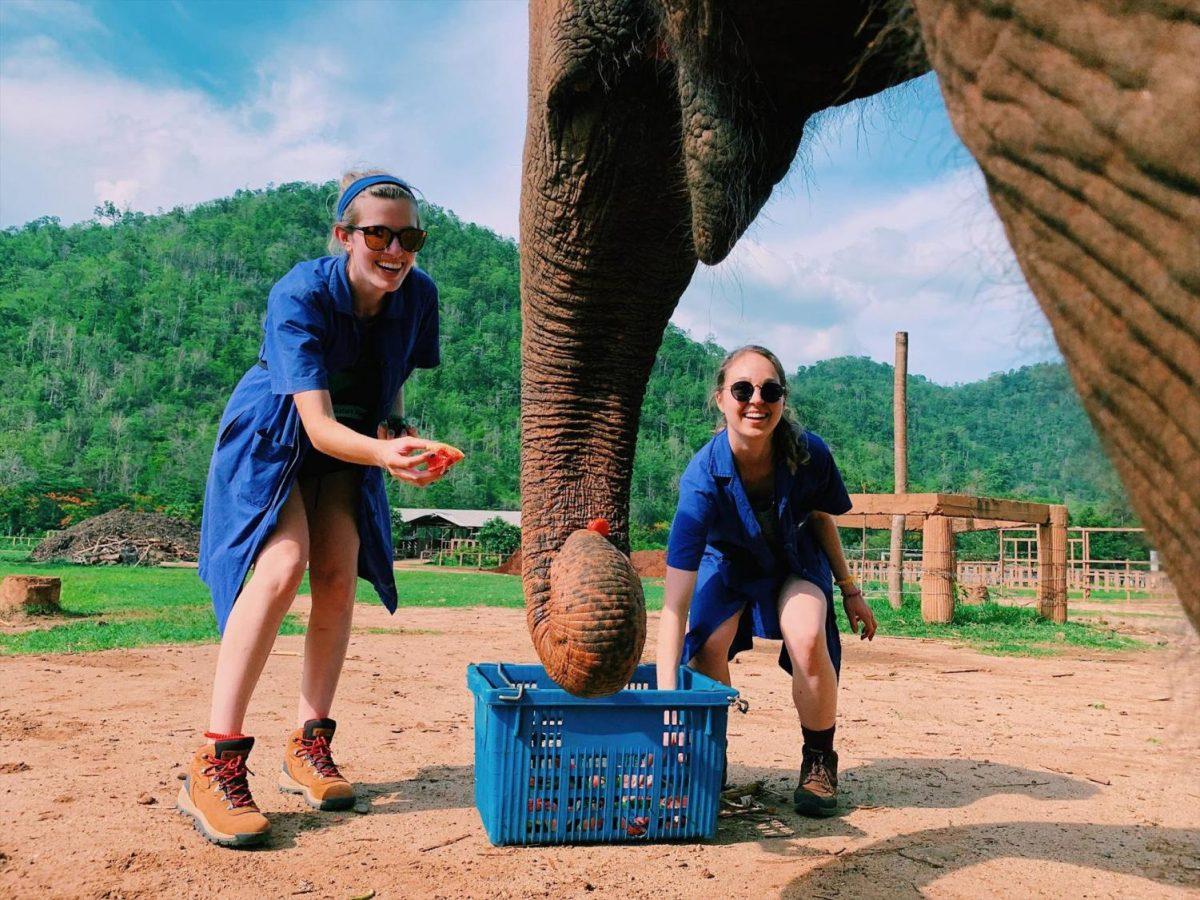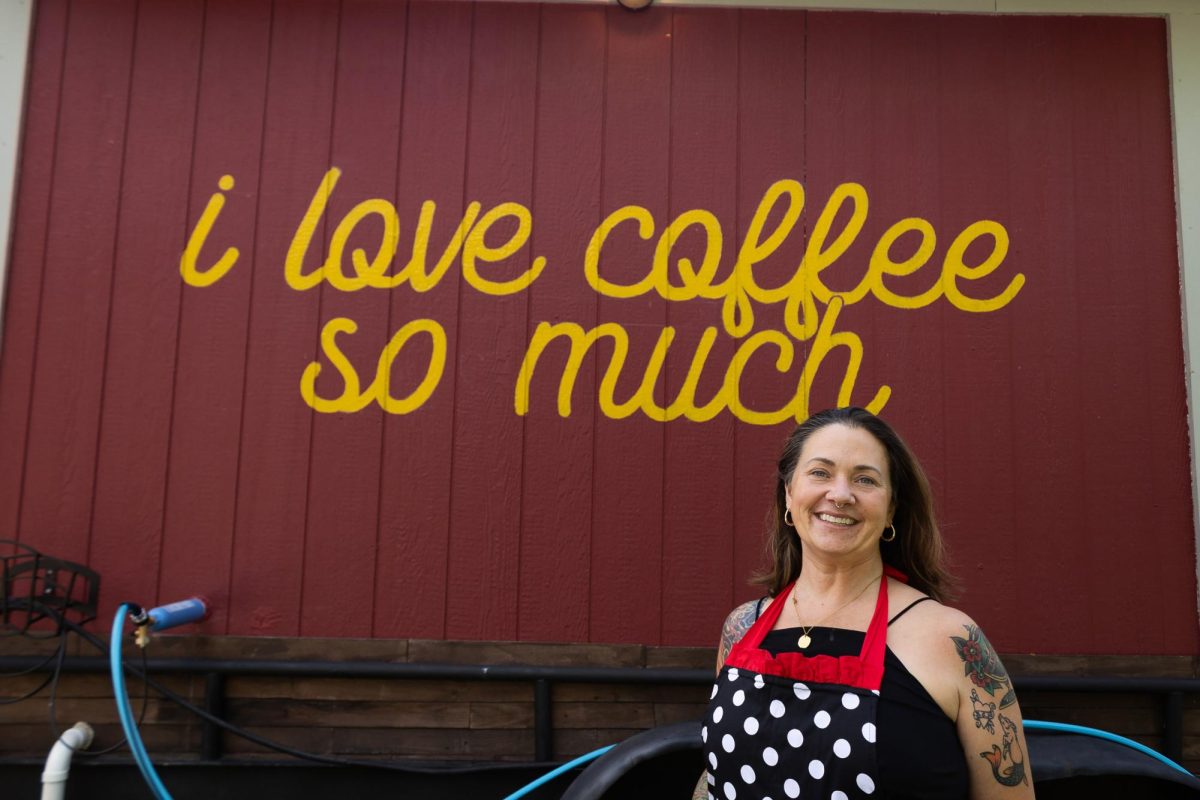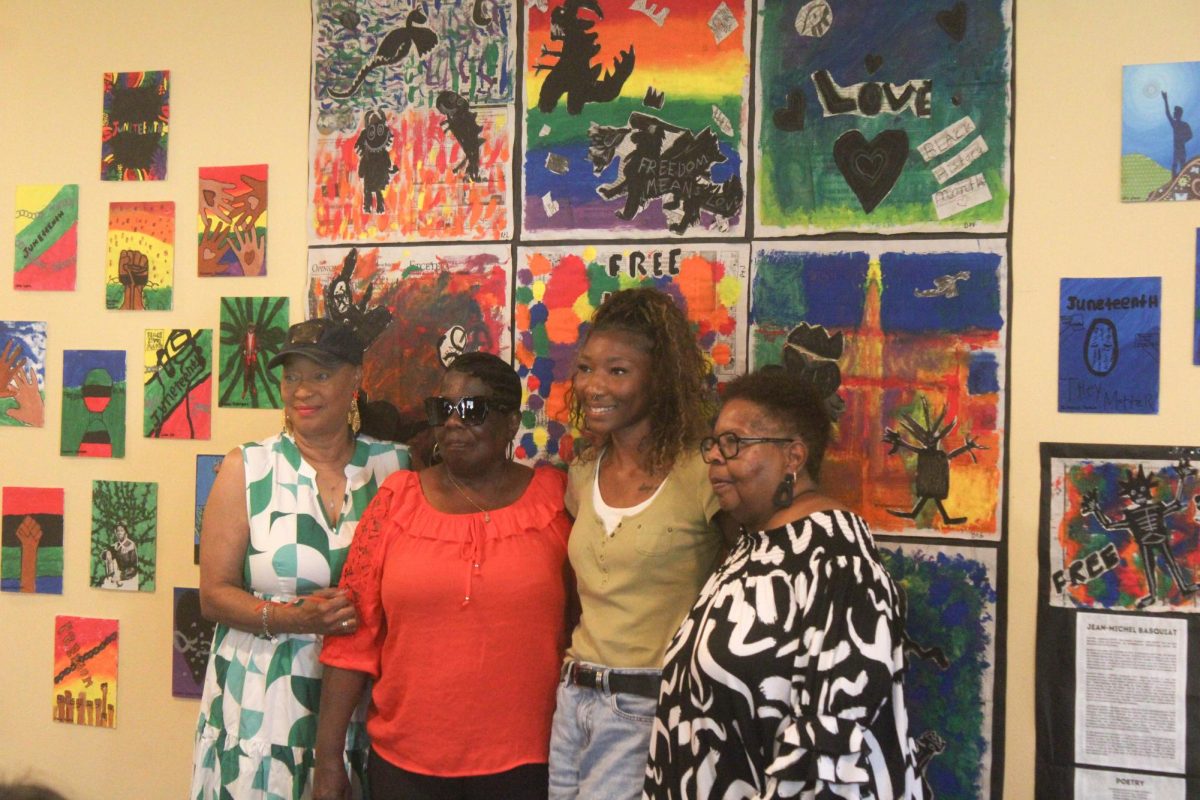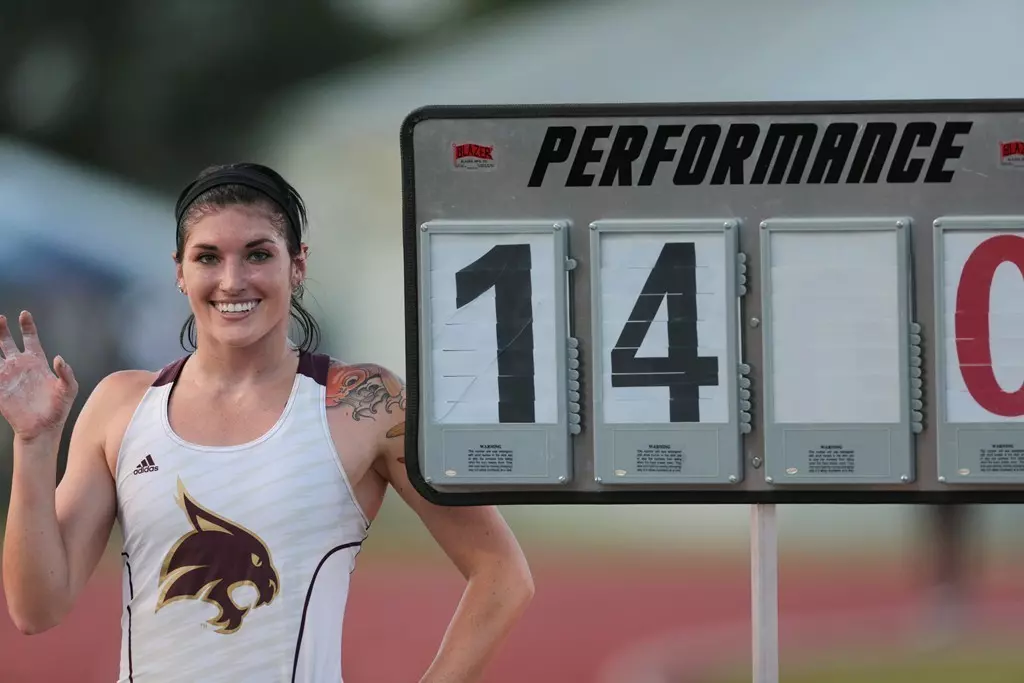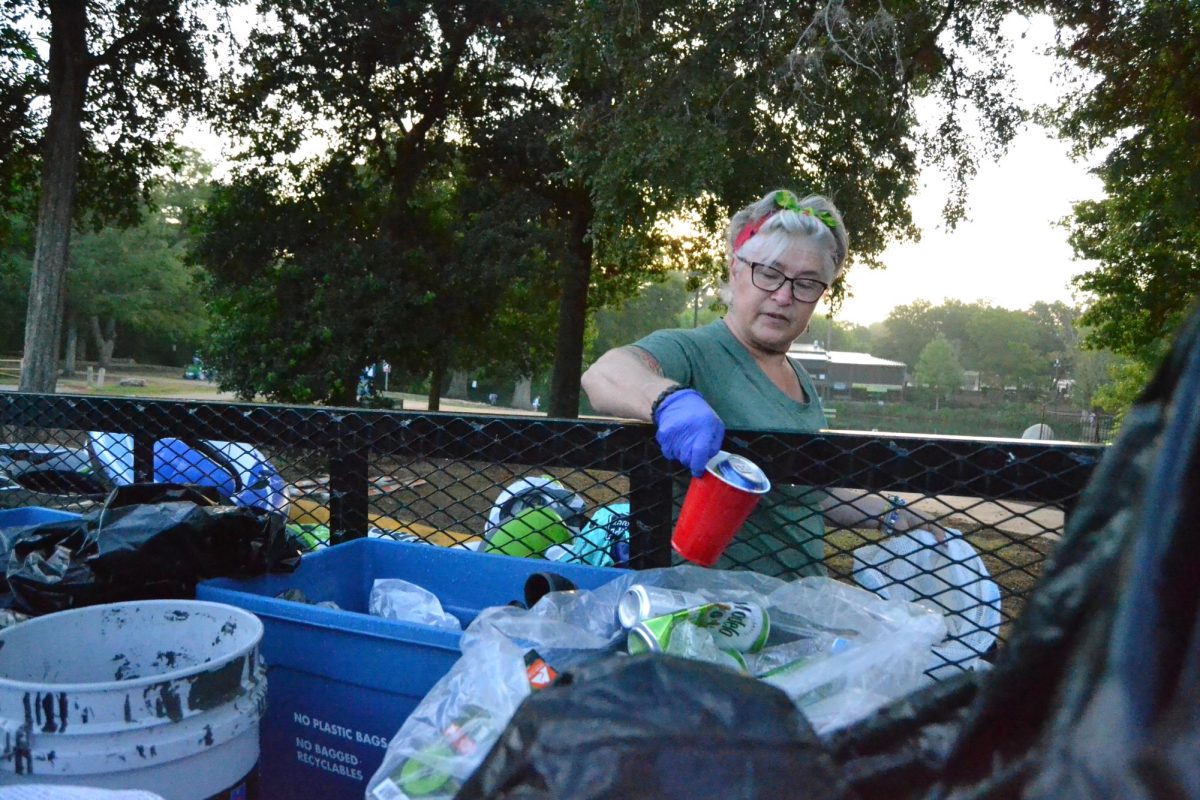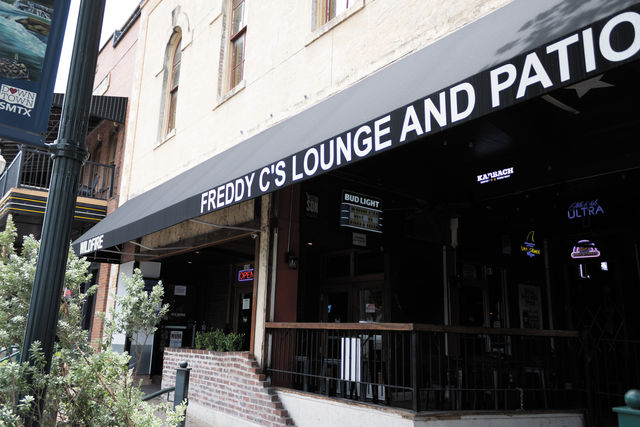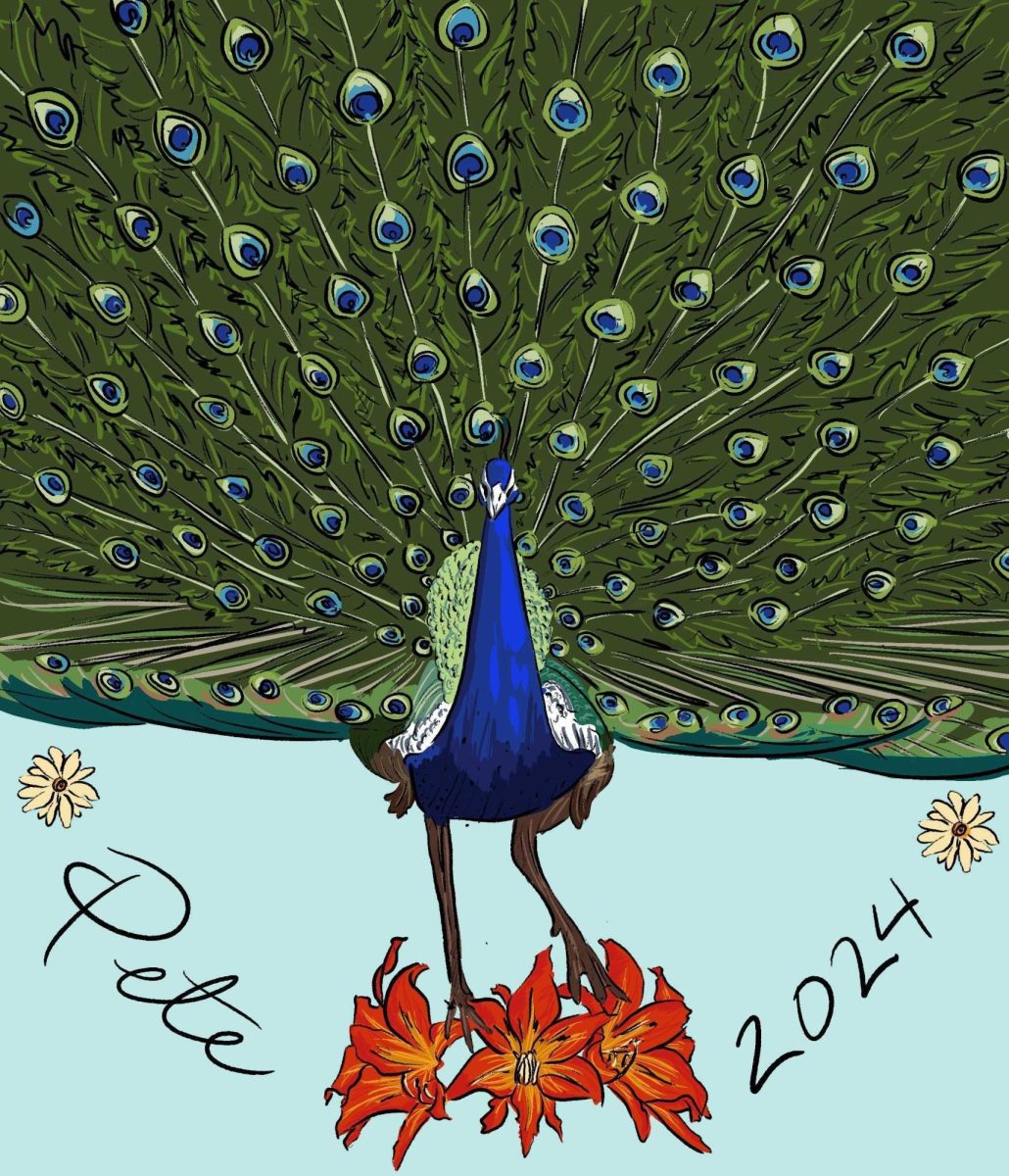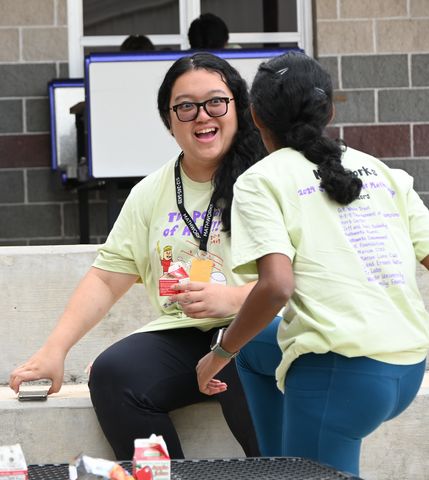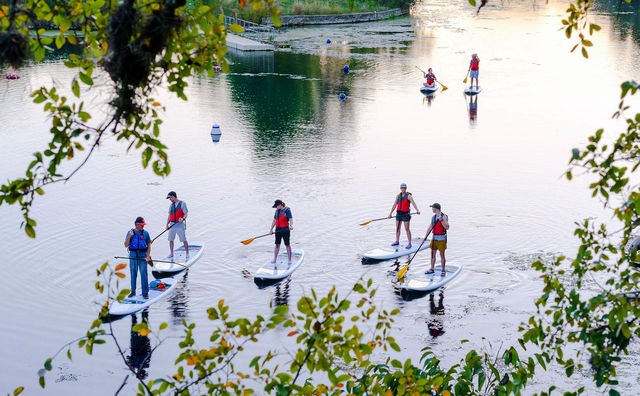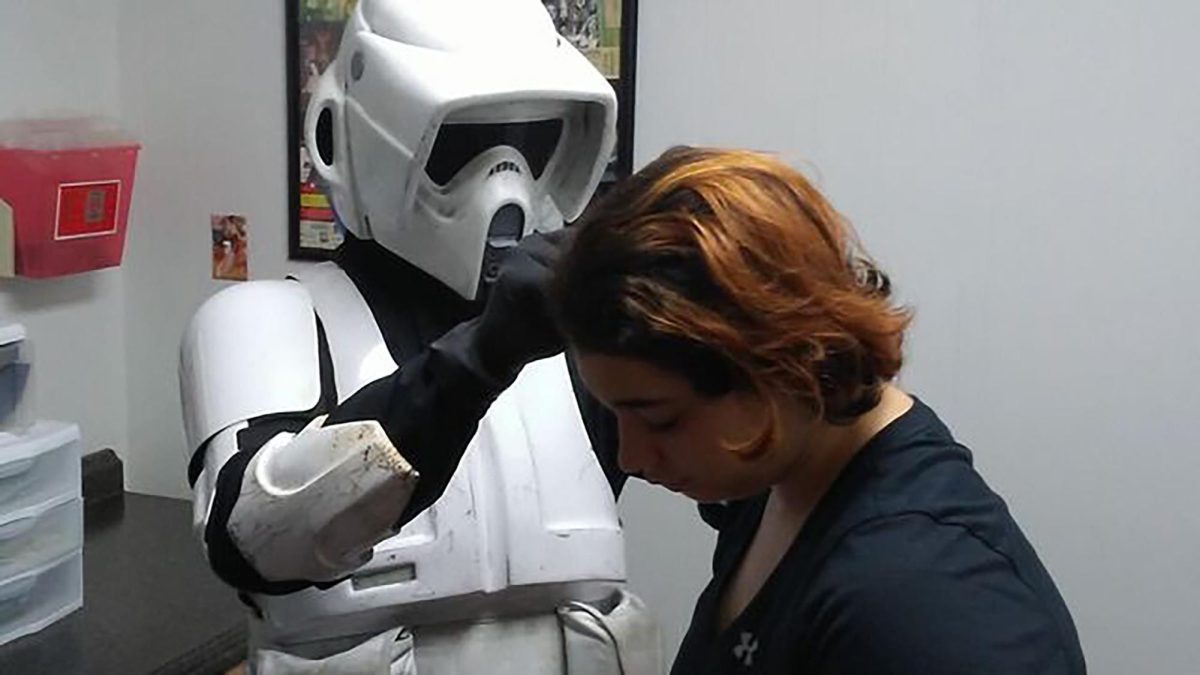Students will leave with the memory of elephants after their trip to Thailand this summer. For two weeks, a group of students studied abroad in Thailand to discover the culture and undergo veterinary experience incomparable to what is offered in the U.S.
Nine pre-veterinary Texas State students, two Iowa State University students and a student from Murray State University in Murray, Kentucky, worked with U.S. veterinarian Dr. Lori Bidwell to form a fundamental understanding of best veterinary practices.
Unlike “voluntourism” programs where tourists travel abroad for volunteer work, Bidwell did not focus on providing as much veterinary care as possible but instead relayed her knowledge and expertise to the pupils.
In addition to the exceptional education of the pre-veterinary program, the group traveled to various destinations across the country. Another group of Texas State students in the Pre-Veterinary Society on campus traveled to Australia during summer 2018 with the same organization, Loop Abroad.
Students spent their first week in Chiang Mai, Thailand, working with cats and dogs at a small animal shelter. With different standards of veterinary practice in Thailand, students had the opportunity to assist in performing surgery on the animals. Cultural values in Thailand restrict the use of euthanasia, which is exercised regularly on animals in the U.S.
After the students’ day’s work at the animal shelter, a tour guide accompanied them to introduce the city and culture of Chiang Mai. The students explored city markets, visited ancient Buddhist temples and received meditation lessons from Buddhist monks.
Animal science senior Kristen Anderson said her favorite activity in Chiang Mai was learning the religious beliefs and meditation practices from monks. Anderson said monks do not typically interact with women to avoid feelings of temptation, so it was enlightening for her to learn the ideas behind their practice.
“It was really cool to get up close and personal in their day-to-day lives,” Anderson said. “It was really awesome they took the time to speak with us.”
Animal science senior Rayanna Hack said the most valuable thing she learned on the trip was seeing what veterinary care is like in another country. She realized euthanasia can be a gift in not letting animals experience extreme suffering.
“It was really cool to see what veterinary medicine was like in another country because our medicine is so much more advanced (in the U.S.),” Hack said. “Some of it was difficult to see, but I’m glad we got to help out.”
Anderson said learning the beliefs rooted in veterinary practices in Thailand was a valuable experience.
“It was a little bit difficult to watch, but their beliefs are so cool and different,” Anderson said. “They believe everyone has the right to live until it is their time to go naturally.”
The second week, students journeyed to Elephant Nature Park, an elephant sanctuary located on the outskirts of Chiang Mai. The park houses about 80 elephants, each with a story behind its rescue, whether it be trekking, logging, street begging or being placed in circuses.
Elephant trekking is a popular tourist activity in Thailand where people ride on the backs of the animals. Logging elephants are used as an alternative to bulldozers in the timber industry to transport logs for long distances in the jungles. Street begging involves people wandering the city streets of Thailand with baby elephants in an attempt to earn money.
Trekking and logging are commercial industries in Thailand, but poorly skilled or abusive mahouts—an elephant’s personal caretaker—can result in miserable lives for select elephants.
Hack said considering the background of each elephant in the park, the majority were not entirely accustomed to human interaction and some self-isolated.
“Hearing the stories about each elephant was pretty inspiring because (the sanctuary) does so much to rescue these elephants for them to finish out a good life,” Hack said.
The group of 12 split into smaller groups within the park, each receiving a daily care agenda for the elephants at the sanctuary. In addition to elephants, the facility serves as a home for dogs, cats, horses and goats.
The agendas included maintaining cleanliness of the park, preparing daily diets for animals, observing the elephants’ daily routines and tending to applicable wounds.
Hack said she grew an admiration for the elephants’ wit after directly working with them. She said one elephant in particular would lift its leg to assist the caregiver when getting a new patch for its injury.
“They’re super intelligent animals,” Hack said. “I would definitely want to work with elephants again just because of that trip.”
Loop Abroad offers study abroad programs to high school, college and veterinary students. With programs specifically geared toward animal science, conservation and veterinary work, Loop Abroad has programs in Thailand, South Africa, Ecuador, Australia and Belize.
Managing Director of Loop Abroad Jane Stine said what draws students to the organization is the fact they are assigned to a small group to work hands-on with a veterinarian, which provides additional insight and an intimate learning opportunity.
“What’s unique to us is the amount of focused vet hours and vet teaching (students) get to do in a short time,” Stine said.
Stine said any study abroad opportunity can present factors seemingly insurmountable, but there are ways to overcome those barriers and form lifelong memories.
“I would encourage anyone who is interested to seek (study abroad opportunities) out because it does often give life-changing experiences,” Stine said.
The students experienced more than they bargained for and Anderson said she would recommend studying abroad to anyone considering it, regardless of majors or obstacles they may face.
“Worry about it later because this is a once in a lifetime experience,” Anderson said.
Students interested in traveling with Loop Abroad can learn more and apply for a trip at loopabroad.com.
Students spend summer in Thailand for trip of a lifetime
September 19, 2019
Rayanna Hack (left) and Renee Smith (right) feed an elephant watermelon. Elephants at the sanctuary had daily diets of bananas, watermelon, hay and grass.
Donate to The University Star
Your donation will support the student journalists of Texas State University. Your contribution will allow us to purchase equipment and cover our annual website hosting costs.











